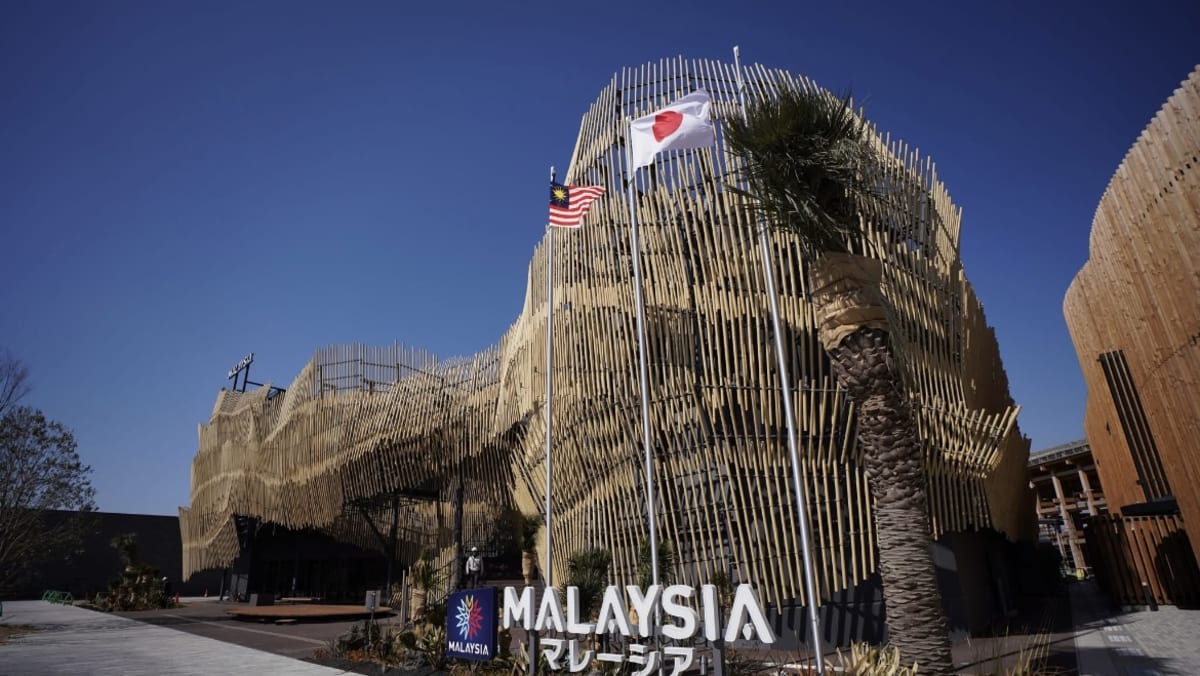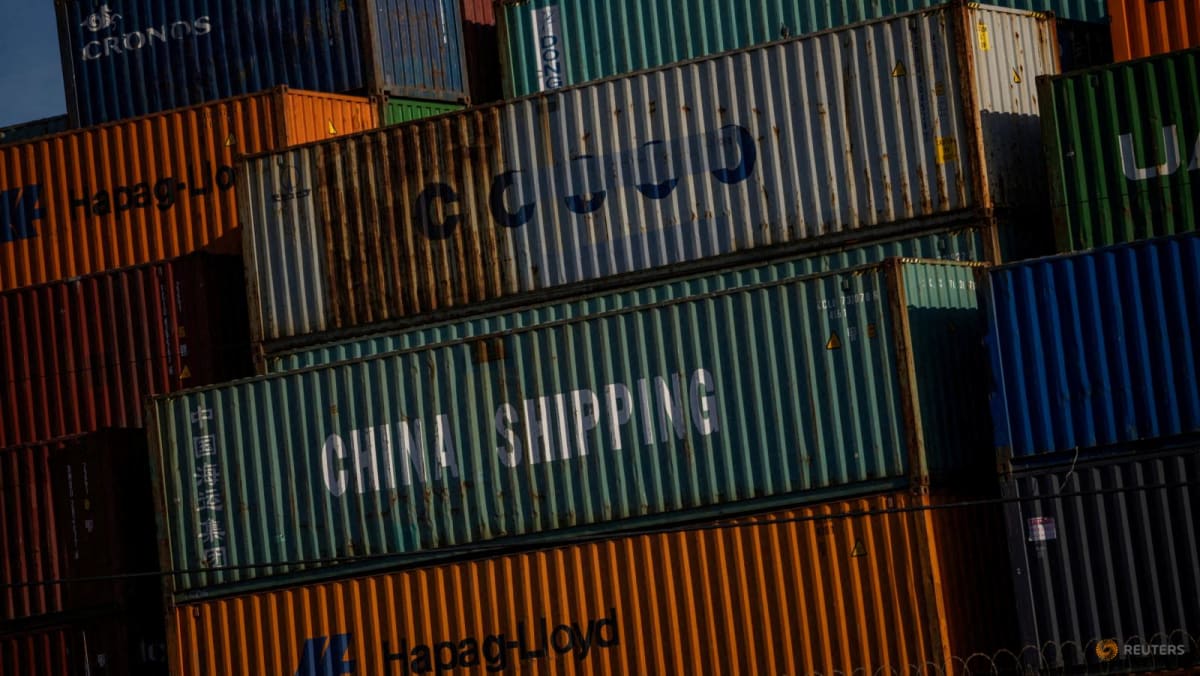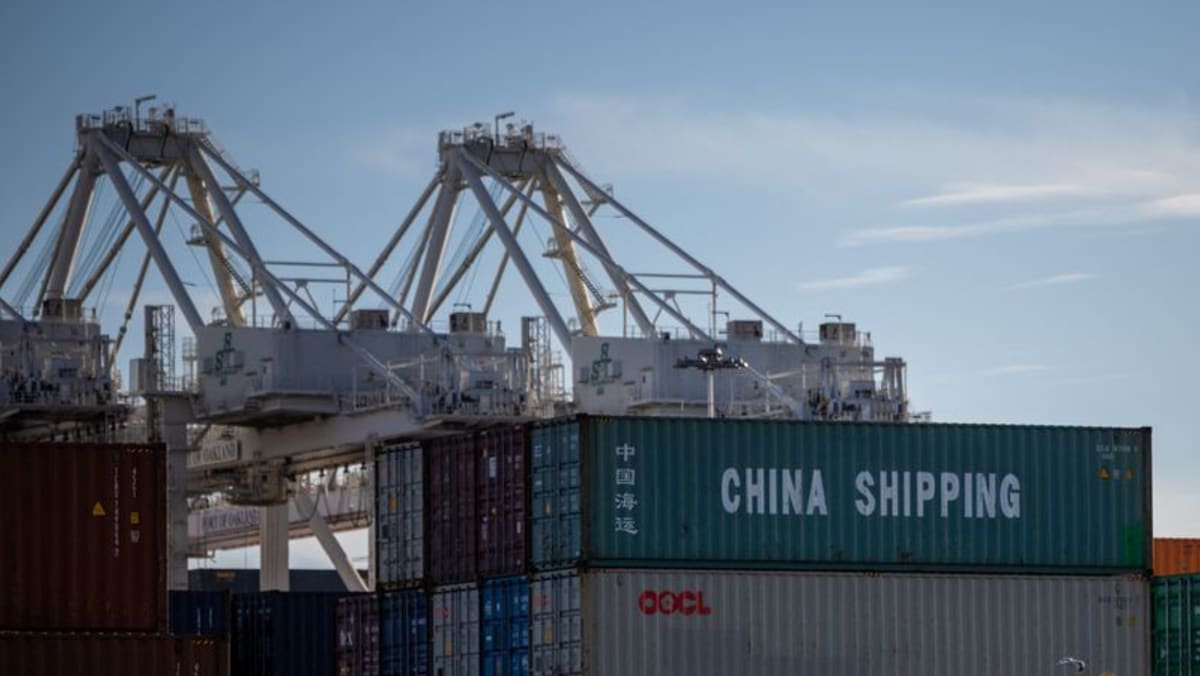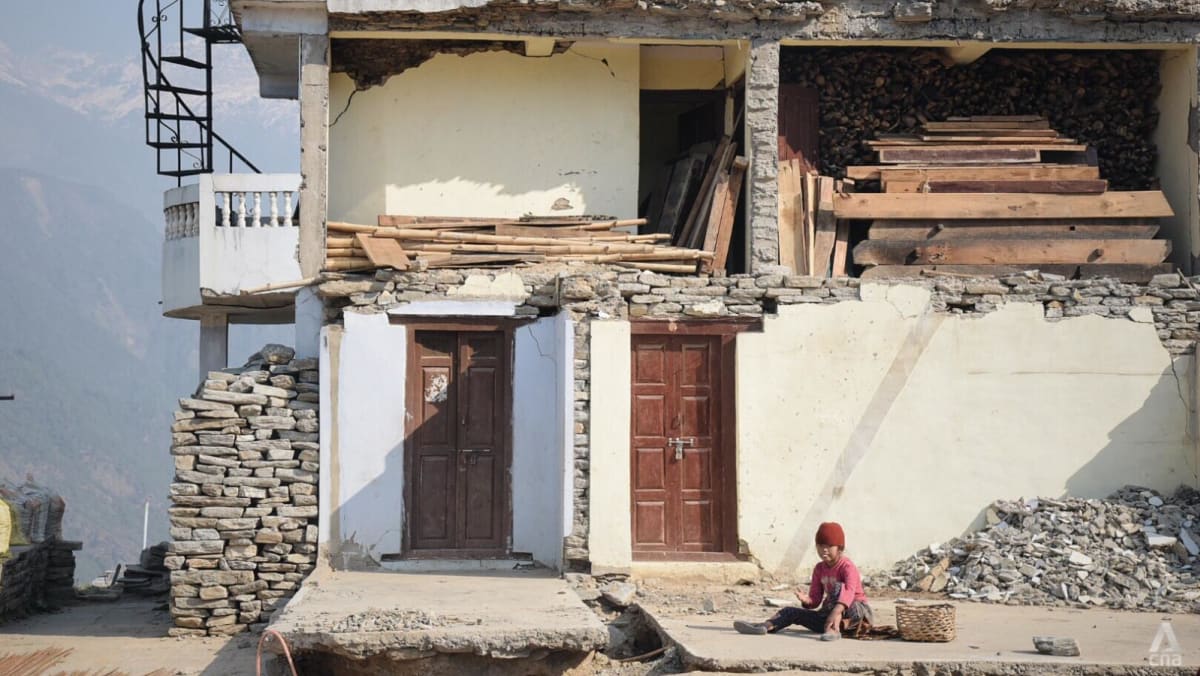Kimchi no more? Climate change puts South Korea’s beloved cabbage dish at risk

Spicy, fermented kimchi is made from other vegetables such as radish, cucumber and green onion, but the most popular dish remains cabbage-based.
Describing the effect of higher temperatures on the vegetable, Lee Ha-yeon, who holds the designation of Kimchi Master from the Agriculture Ministry, said the heart of the cabbage “goes bad, and the root becomes mushy”.
“If this continues, then in the summer time we might have to give up cabbage kimchi,” said Lee, whose title reflects her contribution to food culture.
Data from the government statistics agency shows the area of highland cabbage farmed last year was less than half of what it was 20 years ago: 3,995 hectares compared to 8,796 hectares.
According to the Rural Development Administration, a state farming think tank, climate change scenarios project the farmed area to shrink dramatically in the next 25 years to just 44 hectares, with no cabbage grown in the highlands by 2090.
Researchers cite higher temperatures, unpredictable heavy rains and pests that become more difficult to control in the warmer and longer summers as the cause for the crop shrinkage.
A fungal infection that wilts the plant has also been particularly troublesome for farmers because it only becomes apparent very close to harvest.
Source: CNA













.jpg?itok=WfyDEwOv)

